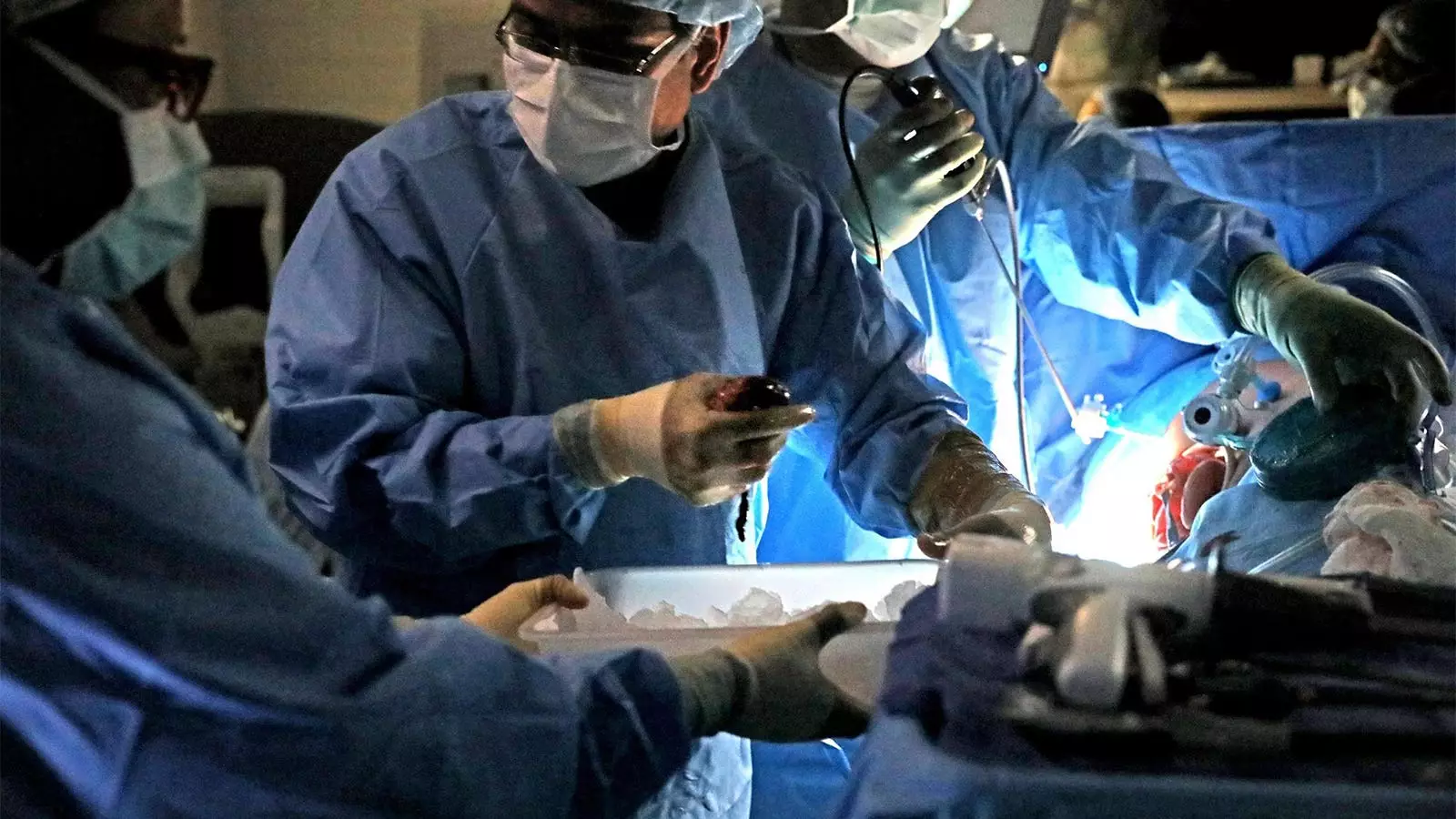In a world where medical advancements are celebrated, the harsh reality of organ donation often goes unnoticed. This was starkly illustrated in the story of Simon* and his best friend, Andre*. Upon reuniting after a few months apart due to Simon’s work-related travel, Simon was struck by the drastic change in Andre’s appearance. What was once a vibrant individual had been diminished by the toll of kidney disease. Andre’s diagnosis had led him to start dialysis treatments, and he was now waiting on a national organ transplant list—a process that could take years. Recognizing the deep bond they shared, Simon made a selfless choice to offer one of his kidneys to save his friend’s life.
However, this noble intent quickly collided with the reality of workplace policies. Simon was met with the stark refusal from his employers to provide unpaid leave for his donation journey, forcing him to consider a loan to support his family during this already stressful time. This need for sacrifice reveals a troubling truth: even the most selfless acts can come with devastating personal costs.
The statistics concerning organ transplants in the United States are alarming. More than 100,000 people languish on the national transplant waiting list, with tragic loss becoming a common consequence. Seventeen individuals lose their lives daily as they wait for an organ, underscoring the urgent need for increased donations. While deceased organ donation plays a vital role, living organ donation presents an alternative that can provide immediate help to those in need.
In 2023, over 6,900 individuals stepped forward to become living organ donors, often taking the brave step to donate a kidney or a portion of their liver. This act not only signifies an incredible act of generosity but also has the potential to significantly improve the quality of life for recipients suffering from end-stage organ disease. Yet, despite the heroic nature of living organ donation, various barriers continue to pose challenges for prospective donors.
The financial implications of organ donation are among the largest deterrents for potential donors. Research reveals that individuals who wish to donate a kidney or part of their liver frequently face increased costs associated with health and life insurance. Higher premiums or outright denials can create an unwelcoming environment for those considering donation. Additionally, the requisite travel for surgery and the need to take time off work—often without steady income—can place unmanageable burdens on families.
The irony is palpable: individuals who are willing to help a loved one face barriers that make their selflessness nearly impossible. The financial toxicity associated with organ donation can discourage even the best intentions, leaving patients like Andre waiting for a lifeline that might never arrive.
In light of these challenges, it becomes clear that meaningful reform in policy is essential. Existing legislation, such as the Affordable Care Act, provides some protections; however, many employees remain vulnerable due to varied state laws and employer policies. The Family and Medical Leave Act (FMLA) allows job-protected leave for organ donation; sadly, not every employee qualifies.
Recent bipartisan efforts in Congress aim to provide a safety net for living organ donors. The Living Donor Protection Act, for example, seeks to ensure that donors aren’t penalized by healthcare insurers. It also clarifies that organ donation qualifies as a serious health condition under FMLA, which reinforces job security for donors. The Honor Our Living Donors (HOLD) Act aims to simplify financial aid assessments by focusing solely on the donor’s income. Lastly, the Living Organ Donor Tax Credit Act proposes a refundable tax credit for donors who incur costs without reimbursement.
Despite these promising initiatives, progress has been slow. The legislative landscape is cluttered with complexity, and polarizing political environments make collaboration difficult. However, placing priority on these measures can undoubtedly transform the organ donation landscape.
The journey of Simon and Andre is emblematic of the potential impact that can be achieved through living organ donation—a gift that saves lives and strengthens relationships. Reforming policies to support living donors could not only encourage more individuals to come forward, but also alleviate the burdens they face in doing so.
Every organ counts; every act of kindness matters. It’s time to recognize the incredible potential of living organ donation and to cultivate an environment where financial and systemic barriers do not hinder the brave individuals willing to give the gift of life. It’s time for comprehensive reform that inspires action and paves the way for a better future in organ transplantation.

Leave a Reply